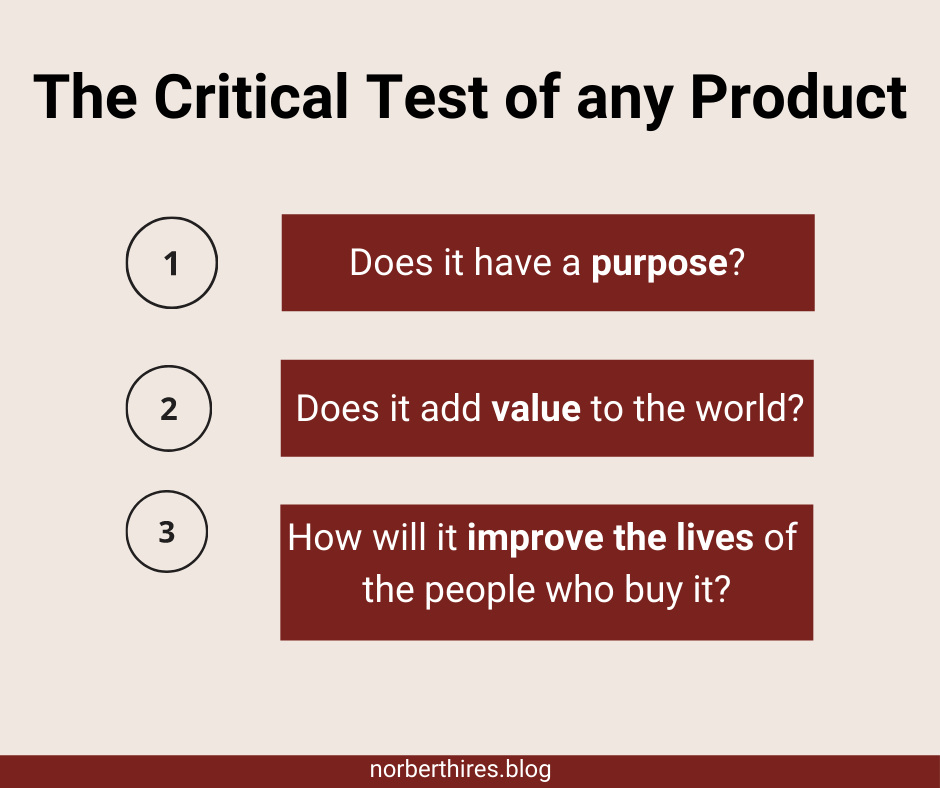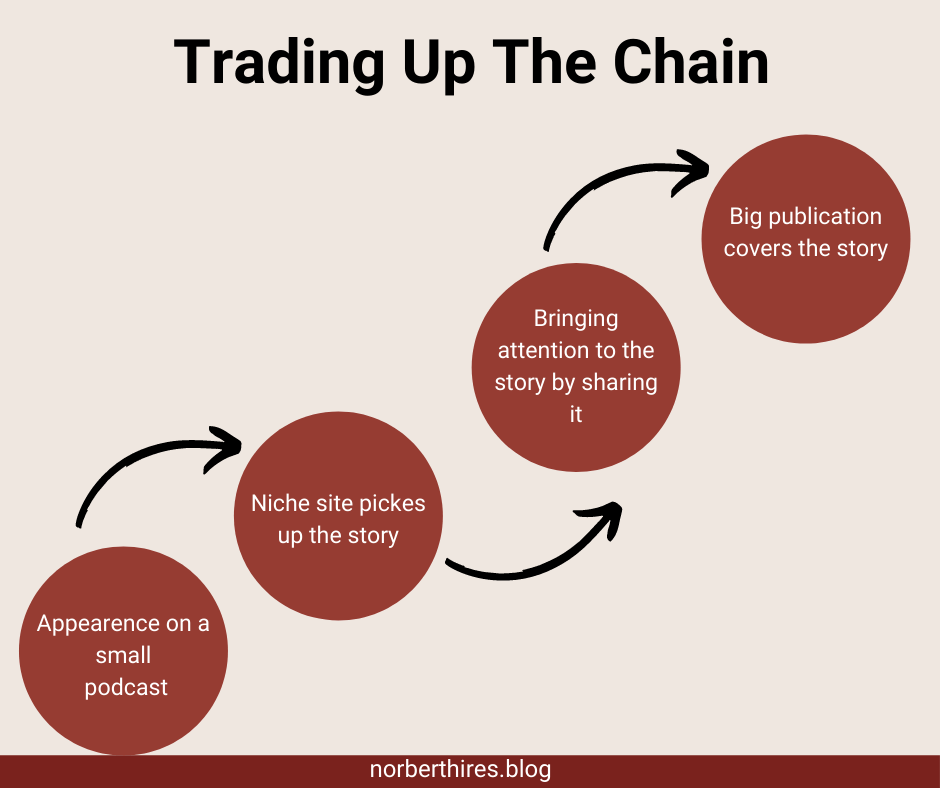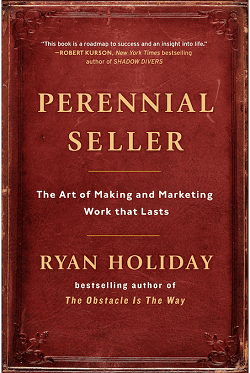How to Make Work That Lasts? Perennial Seller Summary
Why do we buy 500 years old books? How can a music record from the ’60s stay relevant and be popular over time? The secret lies in how they were created and marketed. They are Perennial Sellers.

What is a Perennial Seller?
In every industry, we can find products and services which can sell over a long period. Some of them were popular during their launch, some of them weren’t but all of them took the test of time, found their audience, and since then have continued success.
We are still watching The Texas Chain Saw Massacre, reading Meditations from Marcus Aurelius, listening to Nirvana songs, and going to restaurants that are 300 years old.
Ryan Holiday has written several books about timeless ideas and concepts like stoicism. The question is obvious here: besides writing about timeless ideas, how can you create a product or service like the ones Ryan is referring to in his 21st-century stoicism-inspired books all the time.
I like Ryan Holiday’s books because they are research-dense. He presents great ideas and adds interesting stories to justify or explain them. However most of the author's previous books can be found in the self-help or philosophy section of bookstores, but Ryan Holiday started his publishing journey with a marketing book, Trust Me, I'm Lying.
In Perennial Seller, Ryan took a step back, and instead of talking about media hacks and shady marketing practices he discusses how to create, position, and market a product or service which can sell over time.
How to Make a Perennial Seller?

- We are selling ideas: We are selling ideas in different forms. If we have a good idea and we create a compelling offer for it, then we can sell it infinite times over time.
- Good ideas need time: Good ideas need time to evolve. They are like an exceptional wine. You should wait for them to evolve and become the best version of themselves.
- Test your ideas: The way to have good ideas is to catch them early, give them space to develop, and test how they are working out. The best way to do this is to build in public. Most books should be an article first, and most articles should be a conversation beforehand.
- Forget shortcuts: Most of the products fail because they never had a chance of succeeding. Spending more money on ads and investing in marketing will not move the needle if you did not work hard when crafting your offer. We see experts talking about shortcuts and growth hacks. Sure, they can help you move faster but without the basics, their effects will be close to nothing.
- Promotion is secondary: Promotion does not help to create a great product. Promotion can only reach people.
- Mediocre products will vanish: If you do not put enough effort into the creation of your product then it will likely fail. When you are trying to create a Perennial Seller you not only compete with the best products of your niche and the best offers of your age but every product and service ever created before you. No amount of marketing can help you beat them.
- Don’t be the noun without doing the verb: Lots of people want only the results without doing the work. They want to be a writer without writing. These approaches rarely lead to anything other than mediocre outputs.
- Art is a marathon: "Art is the kind of marathon where you cross the finish line and instead of getting a medal placed around your neck, the volunteers roughly grab you by the shoulders and walk you over to the starting line of another marathon."
- What are you doing? For who? You can not please everyone. Trying to do so actually makes it hard for anyone to relate to your ideas. You should know what you are creating and what you are not. You should also know who you are creating for and for who you are not.
- Don’t do it for yourself: If your target audience is yourself then only one person will like the end product: you.
- Not what it IS but what it DOES: An editor once told Ryan Holiday, “It’s not what a book is, it’s what a book does.”
- The critical test of any product:
- Does it have a purpose?
- Does it add value to the world?
- How will it improve the lives of the people who buy it?
How to Position / Market Your Work?

- Without attention you are doomed: “As Byrd Leavell, a literary agent, puts it to his clients, “You know what happens if your book gets published and you don’t have any way of getting attention for it? No one buys it.” That can’t be what you want!”
- Setting a trend can help you: Cass Sunstein did a study on how Star Wars became that popular. He found out that whenever there is a big sensation, a trend everyone is talking about, it makes us want to know about it. You should aim for setting a trend when launching your product.
- Be Straightforward: Communicate what and why you are doing! Ryan Holiday does not monetize his website. This means two things for his readers:
- He writes when he has something to say.
- He is sincere with his message.
- (and he plays for the long-term by building an audience for his books)
- Free does not work in the long run: It is rare when “free” as a strategy works indefinitely. Producing any form of product or providing a service is a business after all. If you can not support yourself, you will simply do something else and abandon your calling.
- People's Opinions matter more than ads: “When a real person, a real human being whom others trust, says “This is good,” it has an effect that no brand, no ad, no faceless institution can match.”
- Traditional media is dying: We don’t pay any more to consume content and this proposes a challenge for traditional media outlets. They can hardly get enough attention to sell their own products, why would it work to advertise on their site and sell your product?
- Know the influencer’s of your space: Traditional media can capture less attention but independent content creators fill up the void. You should know the influencer of your space and ideally, they influence you either. When launching your product you should think of them.
- Trading up the chain: Ryan Holiday shared a story on a small podcast about how his newest book influenced athletes. A small sports site picked up the story, and Ryan has driven some attention to the article by sharing it. Soon bigger sites started to write about the story. Media outlets are sharing each other's content. Start with a small publication and trade up the chain.
- Ads as fuel: Advertisements can add fuel to a fire, but can’t start one alone.
- Two things you should know if you spend on ads
- LTV (lifetime value): knowing how much a customer is worth to you
- CPA (cost per acquisition): knowing how much it will cost to acquire that customer
- Creative advertising is a niche: Most brands are not creative or afraid to be. For these reasons, creative advertising is one of the less competitive sectors.
How to Build a Platform?
- Develop a career: Creating a perennial seller requires more than launching one exceptional work. It needs work before the launch and continues afterward. You should build an audience before your project and focus on them after the launch as well.
- Focus on pre-VIPs: Pre VIPs are the people who aren’t well-known but should be. For example, Tim Ferriss approached Ryan Holiday at a conference when he wasn’t a published author yet, only the assistant of Robert Green.
- Best marketing advice after publishing your book: Start to write your next book. The sales of previous books increase when the new one comes out and also the new books are building on the reputation of the previous ones. Robert Green saw his sales begin to grow significantly after his third book.
- Sell something else: Sometimes the best way to monetize your work is not through your work. You should have a willingness to explore opportunities to make money otherwise especially in today's disrupted markets.
- Forging your own path: In our new environment, people who can understand their possibilities outside of their craft have an advantage. They can create new career paths for themselves. They can create creative empires besides creating perennial sellers.
- The three levels of good
- 1. One is when it comes out. Is it a hit?
- 2. Where is it after 5 years?
- 3. Is it still around in 10-15 years?
My favorite quotes from Perennial Seller
"Bad writing is almost always a love poem addressed by the self to the self.” - Toby Litt
“Only is better than best.” - Srinivas Rao
“Often the best version is not for everybody. The best art divides the audience.” - Ryan Holiday
“Everything that has a clear path to commercial success is in a genre.” - Seth Godin
“Nothing has sunk more creators and caused more unhappiness than this: our inherently human tendency to pursue a strategy aimed at accomplishing one goal while simultaneously expecting to achieve other goals entirely unrelated.” - Ryan Holiday

Perennial Seller by Ryan Holiday
The Art of Making and Marketing Work that Lasts
For whom do I recommend: Creators, artists, marketers and people crafting any kind of product can learn from it.



